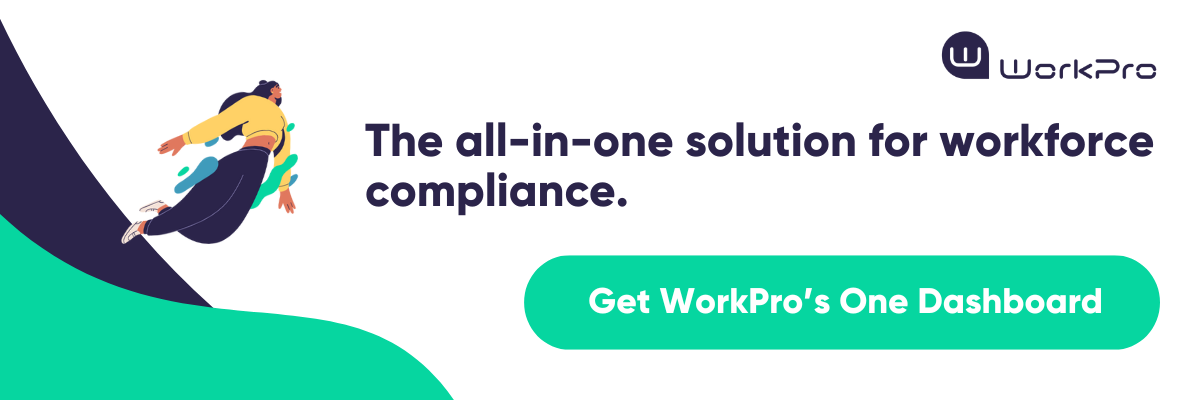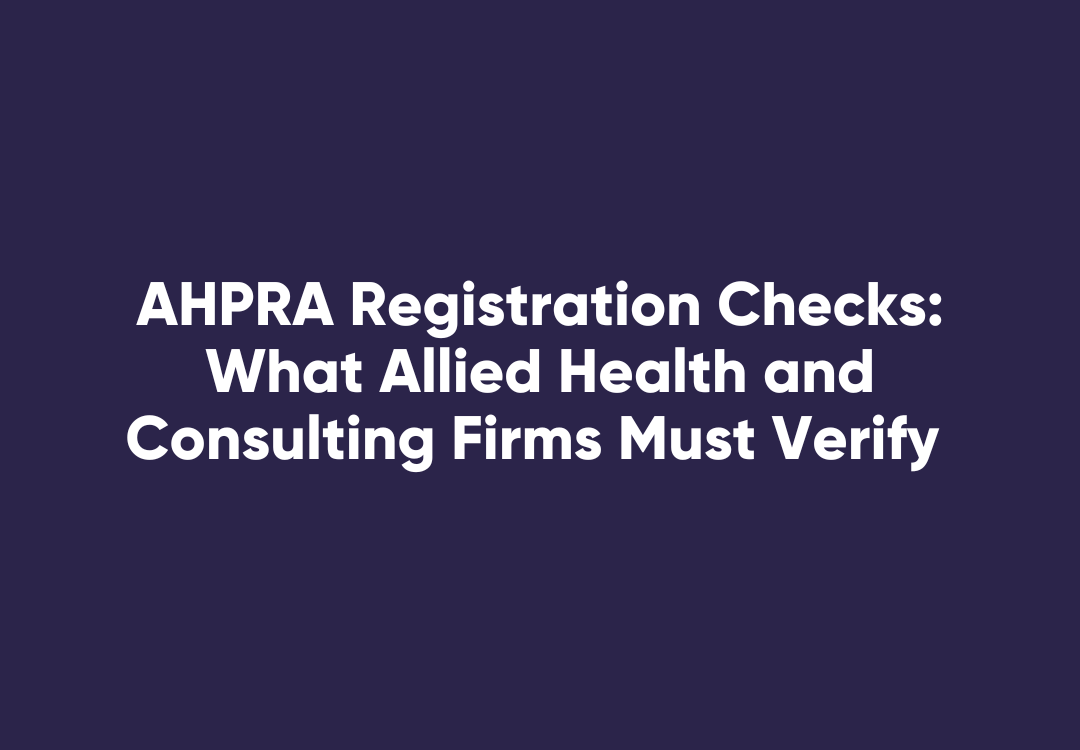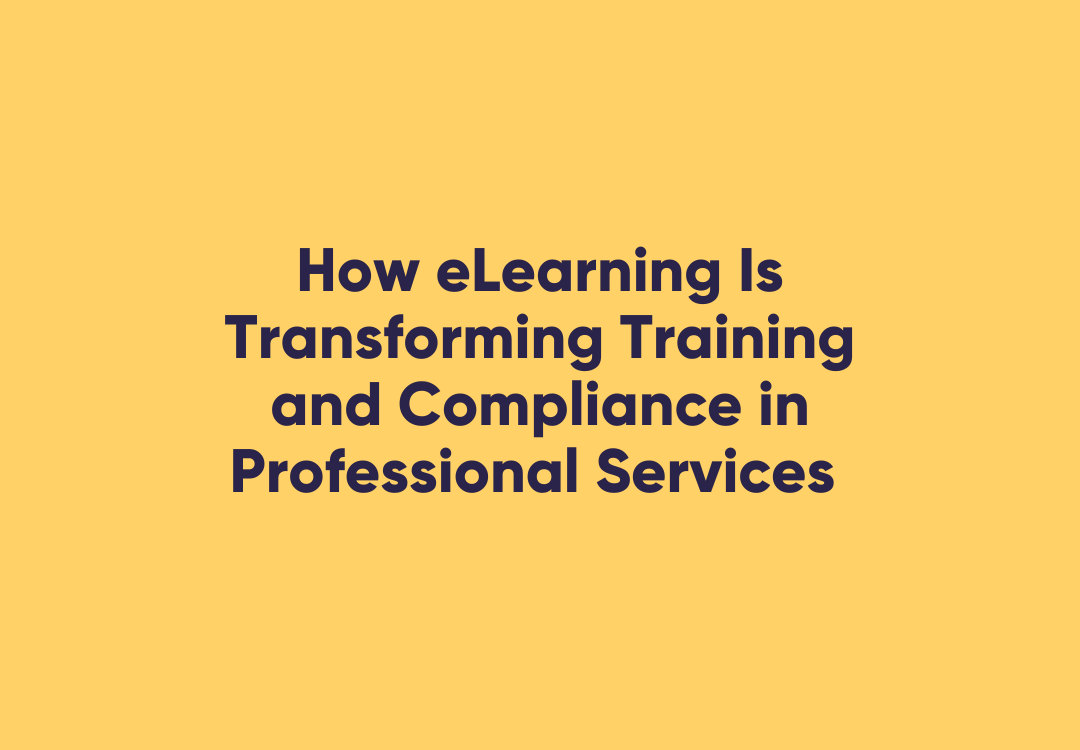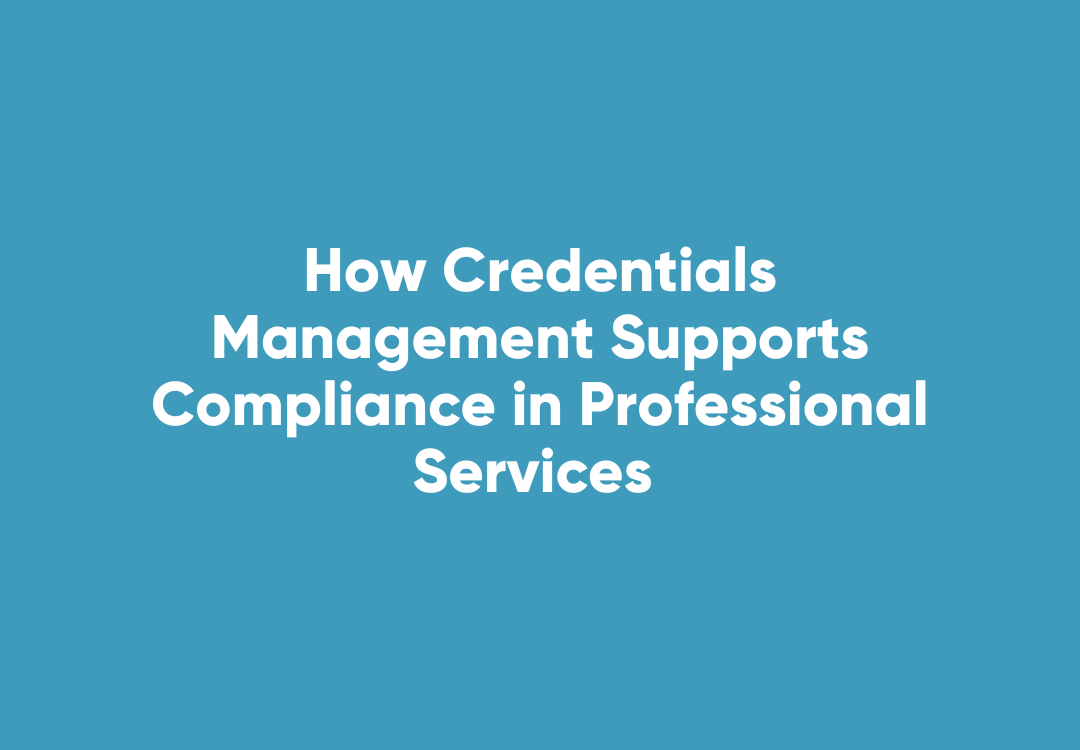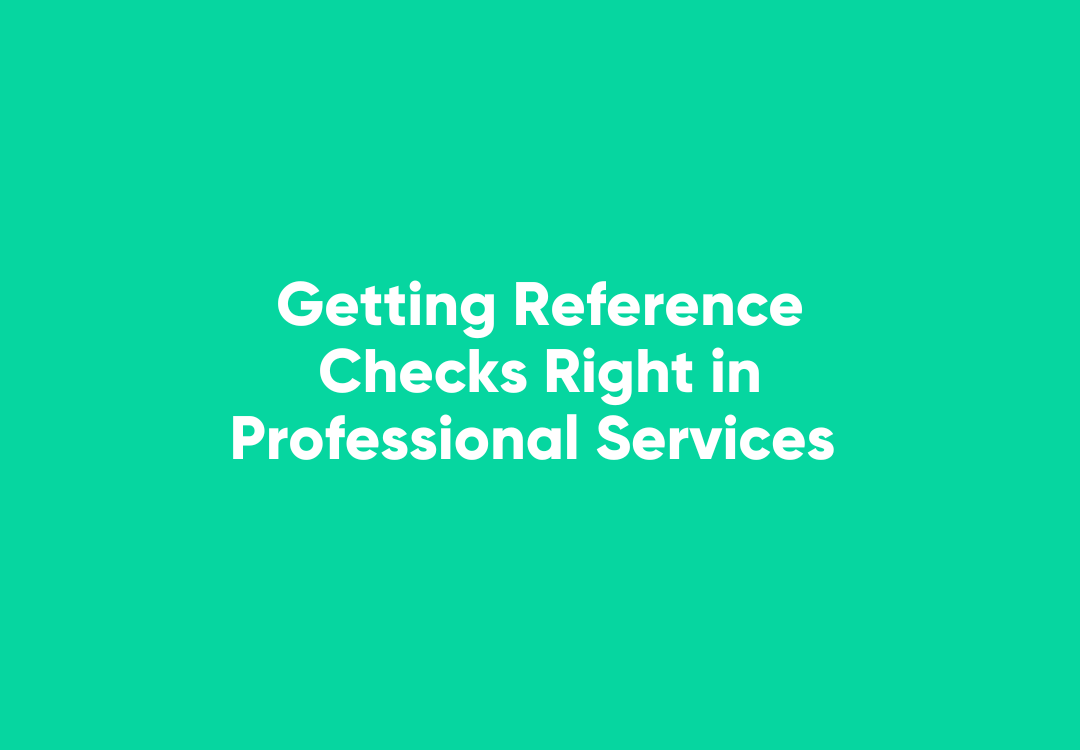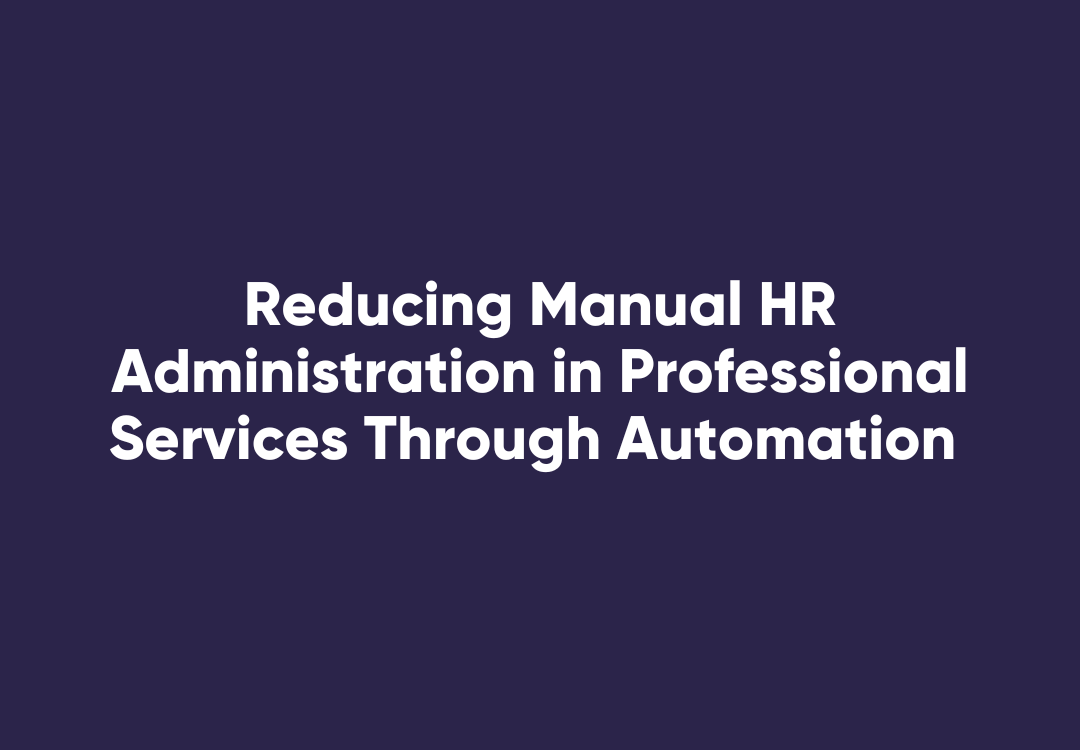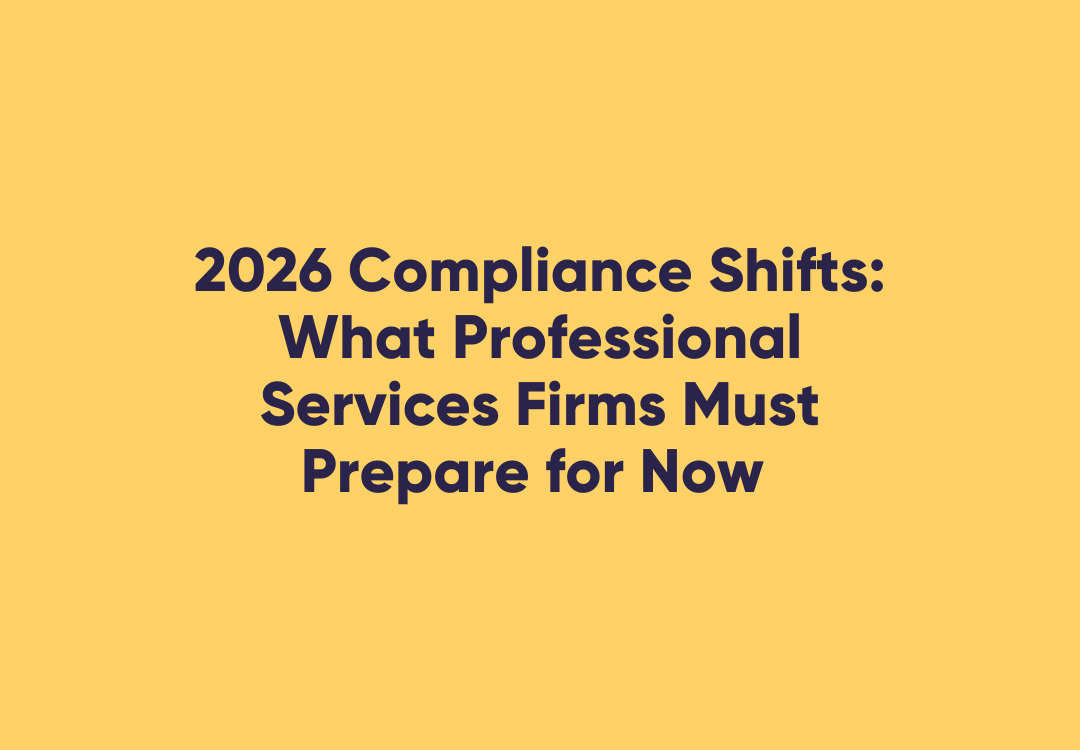Experience Ignored: Why Overqualification Shouldn’t Be a Dealbreaker
Australia is home to thousands of highly capable job seekers, many of whom bring decades of experience, leadership, and adaptability. Yet they’re routinely filtered out of the hiring process - not for lacking qualifications, but for having too many.
WorkPro’s latest survey of more than 2,000 job seekers reveals a compelling trend: experienced candidates were told they were overqualified for the roles they applied for. Many were overlooked, offered lower-level positions, or forced to pivot away from their areas of expertise.
This is more than a recruitment misstep. It’s a misreading of value. In a market facing ongoing labour shortages, overlooking capability in favour of comfort is a risk employers can no longer afford.
What defines an overqualified candidate?
An overqualified candidate is someone whose skills, experience, or education exceed the stated requirements of a job. These candidates often bring leadership, problem-solving ability, and institutional knowledge that could benefit a team immediately. However, they’re frequently viewed as a risk due to concerns about salary expectations, longevity, or perceived ambition.
To attract and retain job-ready talent, employers need to reframe their understanding of overqualification and explore how these candidates can contribute meaningfully, if given the chance.
Overqualification Isn’t the Issue - It’s How We Interpret It
The term “overqualified” has become a catch-all for assumptions. Employers worry such candidates may:
- Leave quickly for a more senior role
- Be hard to manage
- Feel unfulfilled or bored
- Expect higher compensation
But these concerns often go unchallenged. Our research shows that many overqualified applicants are seeking flexibility, purposeful work, or a fresh start. They are clear-eyed about their goals and motivated to contribute - just not always in the ways traditional hiring paths expect.
Some examples of overqualification:
- A senior finance executive applying for operational roles to support a career shift and better work-life balance.
- A project manager with global experience offered entry-level administrative roles, despite matching the original criteria.
- Skilled migrants applying to more junior roles due to lack of local experience, only to be told they’re “too senior” for those too.
These are not outliers. They represent systemic hiring habits that prioritise sameness over strength, and often to the detriment of team capability.
The Business Cost of Filtering Out Experience
Hiring managers are under pressure to fill roles quickly. In that environment, rejecting a candidate who seems “too senior” can feel safer than explaining a hire that doesn’t match the norm.
But here’s what gets missed:
- Reduced time to productivity: Experienced hires ramp up faster and ask better questions from day one.
- Natural leadership and mentoring: Overqualified professionals often support younger staff and elevate team performance.
- Longer-term stability: Contrary to assumptions, many are not looking to leap at the next offer, they want consistency and purpose.
Underemployment is already a systemic issue. More than one in four survey respondents said they were routinely offered lower-level roles that didn’t match their capability. For employers, this translates to underused talent, increased churn, and lost momentum across projects.
Five Practical Steps to Make Overqualification a Strength
- Ask candidates about their motivation
Instead of screening based on assumptions, open a conversation. You may find they’re seeking career fulfilment, stability, or mission alignment, not status. - Use structured assessments
Skills-based assessments and practical interviews can reveal readiness and attitude, beyond what job titles and years on a resume suggest. - Rethink career paths
Support and normalise non-linear careers. Many candidates have returned to work after caring responsibilities, changed industries, or arrived with international experience. - Train hiring managers to evaluate potential, not just patterns
Hiring managers need tools and confidence to see beyond the “safe hire” and assess whether a person can do the job, not whether they look like past hires. - Give clear, respectful feedback
If someone isn’t selected, especially if “overqualified” is the reason, explain it constructively. It supports your employer brand and maintains trust in your process.
WorkPro Solutions: Reducing Hiring Bias, Enabling Better Decisions
WorkPro supports employers in building a workforce that’s not only job-ready, but matched fairly and confidently to the demands of the role.
Here’s how our solutions help address the overqualification filter:
Verified Candidate Credentials
With over 100 background checks, including police checks, working rights, and qualification verifications, WorkPro ensures that skills, whether local or international, are clearly documented and trusted by hiring managers.
Workforce-Ready eLearning
Our library of over 60 eLearning modules covers job readiness topics such as Work Health & Safety, Anti-Discrimination, and sector-specific compliance. Candidates can upskill and align with employer expectations, supporting smoother onboarding, especially for those new to a role or returning to work.
Credentials Management
Manage essential licences and certifications in one platform. WorkPro sends automated alerts when renewals are due, reducing administrative burden and ensuring candidates stay job-ready without gaps.
Seamless HR Integration
WorkPro connects with leading HR platforms like JobAdder, Bullhorn, and PageUp, embedding compliance checks and credential visibility into your existing workflow. That means less double-handling and more time focused on the right hire.
WorkPro doesn’t decide who you hire. But we give you the clarity and tools to make that decision smarter, faster, and with more confidence, especially when experienced candidates are in front of you.
Being told you’re “too qualified” can be one of the most disheartening messages a candidate hears. But for employers, it can also be a missed opportunity to bring in someone who is ready to contribute, grow, and strengthen a team.
Australia has no shortage of talent. The real question is whether current hiring systems are designed to see it.
Download the full whitepaper to explore the data behind these findings and gain practical strategies for recognising, engaging, and retaining experienced candidates who are ready to make a difference.



